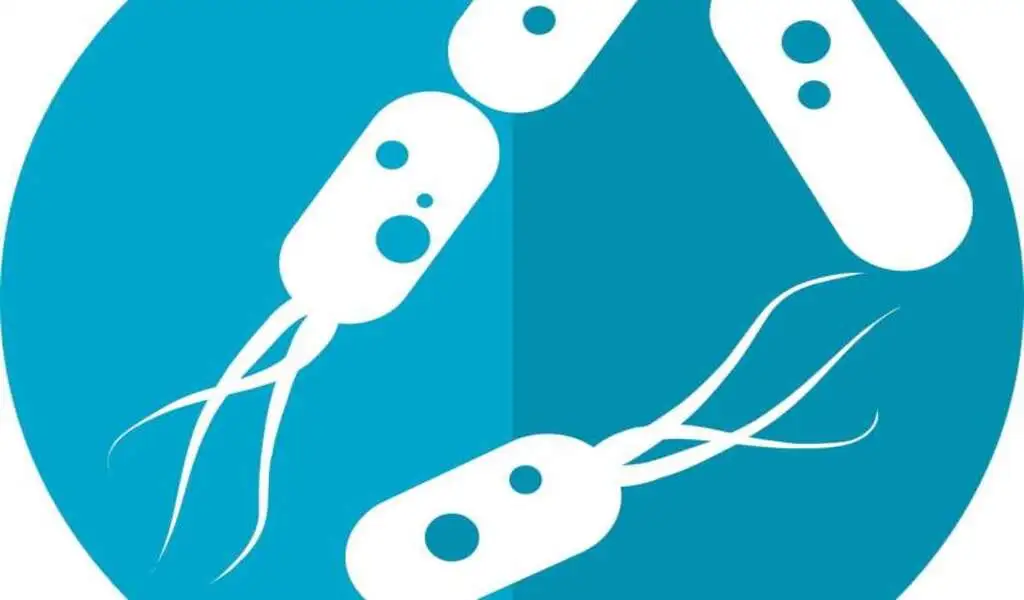Health
Colorectal Cancer Risk Could Be Predicted By Gut Microbiome Variation

(CTN News) – A recent study identified significant Colorectal Cancer differences in the gut microbiome of individuals who developed precancerous colonic lesions, suggesting a relationship between gut bacteria and colorectal cancer.
The findings presented at UEG Week 2023 present promising new avenues for enhancing the detection and prevention of colorectal cancer.
An extensive prospective study involving 8,208 participants linked data from the Dutch Microbiome Project with a Dutch nationwide pathology database in order to identify all recorded cases of colonic biopsies over the last five decades.
A study analyzed the function and composition of the gut microbiome of individuals who developed pre-cancerous colorectal lesions before and after fecal sampling between 2000 and 2015 (n=214), as well as those who developed lesions after fecal sampling between 2015 and 2022 (n=305).
The results of these groups were compared with those of individuals with normal colonoscopy findings (n=202) and the general population.
By reconstructing the genomes of certain bacteria from metagenomic data, researchers are gaining a deeper understanding of the gut microbiome’s role.
Individuals who developed colonic lesions after fecal sampling exhibited increased diversity in their gut microbiome, compared with those who did not develop lesions. As well, the composition and function of the microbiome varied based on the type of lesion among individuals with pre-existing or future lesions.
The future development of lesions has been linked to bacteria from the family Lachnospiraceae as well as the genera Roseburia and Eubacterium.
Dr. Gacesa, from the University Medical Center Groningen and study lead author, commented, “While we did not investigate mechanisms in this study, we are aware from previous research that a number of the bacterial species identified may possess properties that may contribute to the development of colorectal lesions.”
For example, Bacteroides fragilis produces a toxin that can cause chronic low-grade inflammation in the gut. Prolonged inflammation may cause genetic damage and promote cancer.
There is a significant health concern regarding colorectal cancer throughout Europe, ranking as the second most prevalent cancer and the second leading cause of cancer-related death in the continent.
Colorectal cancer is typically caused by precancerous lesions within the gut, making the removal of these lesions an effective strategy for preventing the disease.
However, existing non-invasive detection methods, such as the fecal immunochemical test, produce a large number of false positives, resulting in unnecessary colonoscopies.
Dr. Gacesa commented on the implications of the study’s findings by saying, “The connection between gut microbiome and pre-cancerous lesions has been underexplored, making it unclear if gut bacteria can be used to predict colorectal cancer in the future.
We suggest that the microbiome could be used as an important tool to improve existing tests, allowing the development of early detection methods for colorectal cancer and precancerous lesions.”
SEE ALSO:
Organic Nitrogen Deposition In The Atmosphere
A Breast Cancer Awareness Walk Was Held To Raise Awareness





























